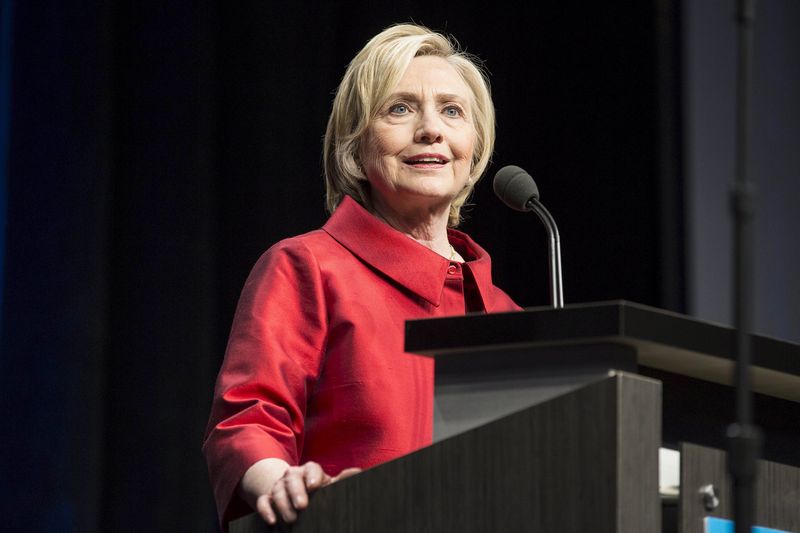By Amanda Becker
IOWA CITY, Iowa (Reuters) - U.S. Democratic presidential hopeful Hillary Clinton on Tuesday joined calls for changes in U.S. bankruptcy laws that would enable Puerto Rico's public entities to restructure some $72 billion in debt.
In Washington, two Democratic senators hope to move forward within weeks with legislation in Congress that would allow the U.S. territory to restructure debts in bankruptcy court, instead of risking chaos.
Governor Alejandro Garcia Padilla of Puerto Rico dropped a bombshell on debt holders a week ago by saying he wanted to restructure debt and postpone bond payments. He urged changes to U.S. bankruptcy laws that currently exclude Puerto Rico.
Like U.S. states, Puerto Rico cannot file for bankruptcy protection. But Puerto Rico's public entities do not have the ability of U.S. municipalities to enlist Chapter 9 of the U.S. Bankruptcy Code to restructure their debt.
"As a first step, Congress should provide Puerto Rico the same authority that states already have to enable severely distressed government entities, including municipalities and public corporations, to restructure their debts under Chapter 9," Clinton said in a statement given to Reuters.
Puerto Rico has been in a recession for nearly a decade and has an unemployment rate of more than 12 percent while some 40 percent of the population lives below the U.S. poverty line, according to government data.
Clinton, a former secretary of state, U.S. senator and first lady, is the front runner for the Democratic nomination in the November 2016 presidential election.
U.S. Senator Bernie Sanders of Vermont and former Maryland Governor Martin O'Malley, both Clinton rivals for the Democratic nomination, have also endorsed easing the bankruptcy laws also for Puerto Rico.
Residents of Puerto Rico are not entitled to electoral votes for president, but Puerto Ricans make up the second largest Hispanic origin group in the United States after Mexicans.
A bill proposed by Puerto Rico's non-voting representative in Congress to allow access to Chapter 9 bankruptcy laws stalled in the Republican-run House of Representatives after a hearing in February.
Now Democratic senators Richard Blumenthal of Connecticut and Chuck Schumer of New York are readying a similar bill.
MOM AND POP INVESTORS
"It's much broader than just Puerto Rico's problem because the bondholders and creditors are on the American mainland and perhaps even throughout the world," Blumenthal told Reuters in an interview.
"A lot of Americans hold these bonds ... they are entitled to an orderly and rational process so that they receive the most possible payment as quickly as possible," he said.
A significant number of American mom and pop investors have exposure to Puerto Rico. About 52 percent of muni open ended funds are invested in Puerto Rico bonds according to data from Morningstar.
The White House said last week that it did not contemplate a federal bailout but that Congress should examine whether Puerto Rico's government-owned corporations should be able to access Chapter 9 bankruptcy protection.
Blumenthal and Schumer are searching for Republican co-sponsors in the Senate, which like the House has a Republican majority. But some key Republicans seem unimpressed.
"Bankruptcy alone isn't going to solve all of the financial problems Puerto Rico has gotten itself into," said Beth Levine, a spokeswoman for Senate Judiciary Committee Chairman Chuck Grassley, an Iowa Republican.
Some creditors are opposed to Chapter 9, fearful that it will weaken their negotiating position and reduce their chances of recovering their money.
Republican presidential candidate Jeb Bush said in April that he thinks Puerto Rico's public agencies should have the ability to use U.S. bankruptcy laws.
Clinton said "inconsistent and incoherent" application of U.S. federal law had contributed to Puerto Rico's economic situation, and its economy had shrunk in eight of the last nine years.

"One troubling example of this treatment is the lack of equity in federal funding for Puerto Rico under Medicaid and Medicare," Clinton said of the U.S. government healthcare programs.